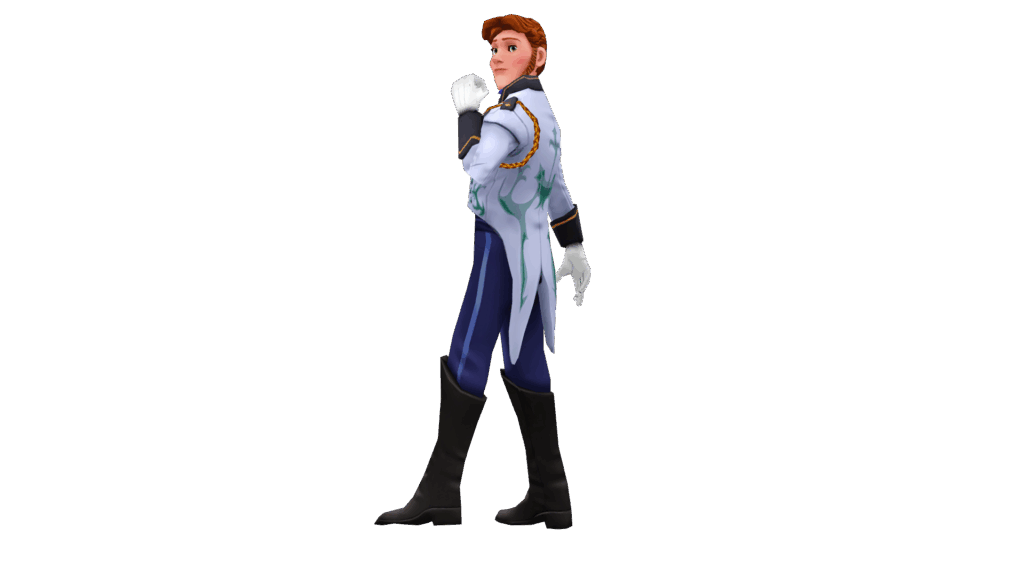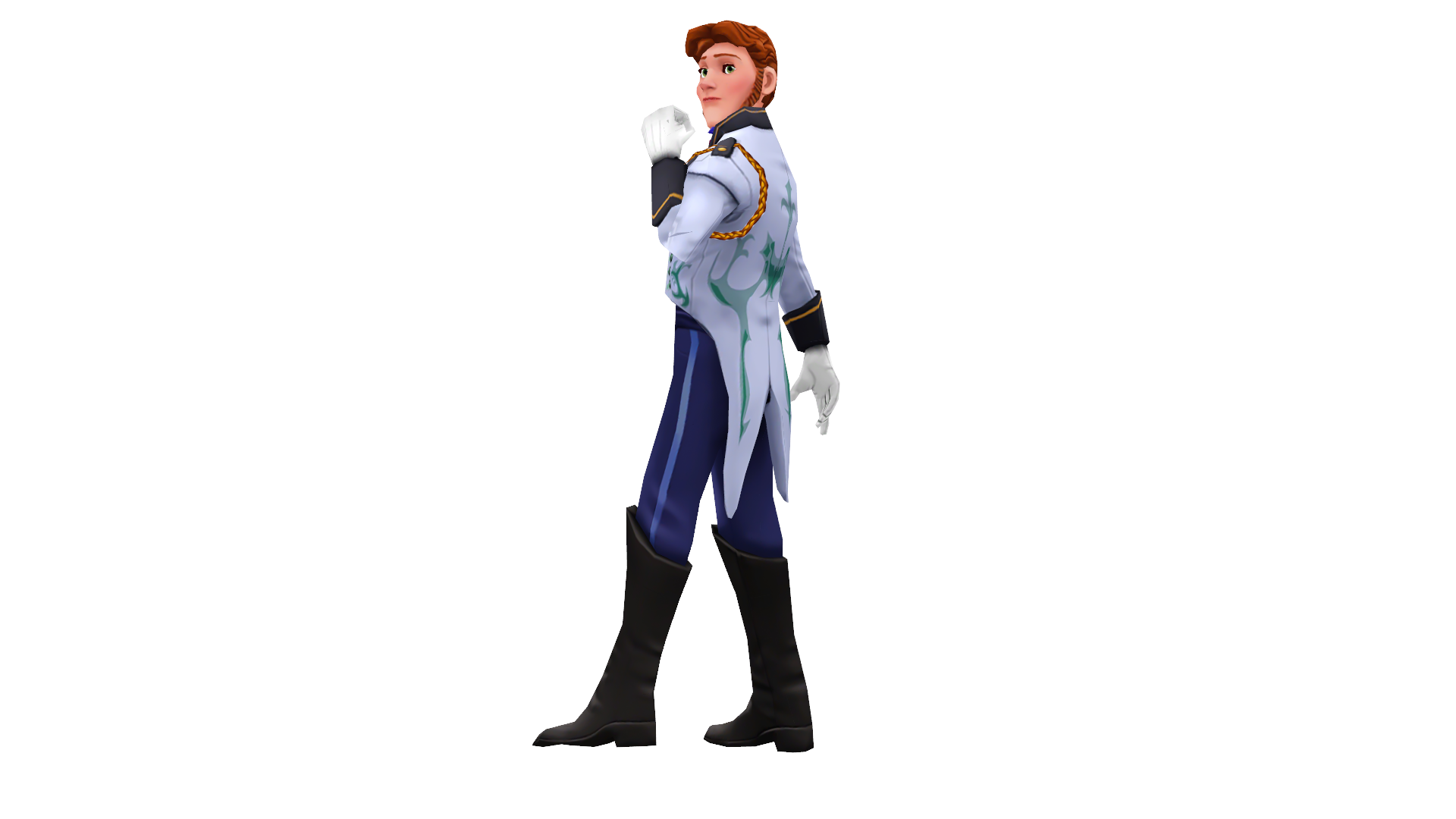
Who is Hans in Frozen? Unmasking the Charming Villain of Arendelle
Prince Hans of the Southern Isles. The name itself might conjure images of a dashing, romantic figure. But behind the charming facade lies a cunning manipulator, a character whose actions sent shockwaves through the kingdom of Arendelle in Disney’s animated hit, Frozen. Understanding who is Hans in Frozen requires delving into his motivations, his deceitful tactics, and the impact he had on the film’s central characters, particularly Anna and Elsa.
The Initial Impression: Prince Charming Personified
When Anna first meets Hans, he appears to be everything she’s ever dreamed of. He’s handsome, attentive, and shares her longing for adventure and romance. He mirrors her own naivete, expressing a desire to escape the constraints of royal life. This shared sense of yearning creates an instant connection, leading Anna to believe she’s found her true love. Hans expertly plays this role, crafting an image of a compassionate and understanding prince. He seems genuinely concerned for Anna’s well-being and supports her quest to find Elsa and end the eternal winter. This initial portrayal is crucial to understanding why Anna falls for him so quickly. He’s the embodiment of the fairytale prince she’s been waiting for.
The Dark Truth: Unveiling Hans’s Malice
However, the charming facade crumbles when Elsa’s powers are revealed, and Anna seeks Hans’s help to end the eternal winter. Left in charge of Arendelle while Anna is away, Hans’s true colors begin to emerge. He reveals his sinister plan: to marry Anna, eliminate Elsa, and seize the throne of Arendelle for himself. This shocking betrayal shatters Anna’s illusions and exposes who is Hans in Frozen: not a romantic hero, but a power-hungry villain. His actions demonstrate a complete lack of empathy and a willingness to manipulate and harm others to achieve his goals. The contrast between his initial portrayal and his ultimate betrayal is what makes him such a compelling and memorable character.
Hans’s Motives: A Quest for Power and Recognition
Who is Hans in Frozen beyond a simple villain? Understanding his motivations provides a deeper insight into his character. As the youngest of thirteen sons, Hans is unlikely to inherit the throne of the Southern Isles. He feels overlooked and undervalued, fueling his ambition to gain power and recognition elsewhere. His plan to marry Anna and usurp the throne of Arendelle is a calculated attempt to overcome his perceived disadvantages and finally achieve the status he craves. This ambition, driven by a sense of inadequacy, is a key factor in understanding his willingness to resort to deception and violence.
Hans’s Impact on Anna and Elsa
Hans’s betrayal has a profound impact on both Anna and Elsa. For Anna, it’s a painful lesson about the dangers of rushing into relationships and trusting appearances. She learns to value genuine connection and selflessness over superficial charm. This experience forces her to mature and become more discerning in her judgment. For Elsa, Hans’s actions reinforce her fears about her powers and her ability to connect with others. His attempt to kill her further isolates her and strengthens her resolve to protect herself and those she cares about. Ultimately, Hans’s villainy serves as a catalyst for Anna and Elsa’s growth and their deepening bond as sisters. [See also: The Importance of Sisterhood in Frozen]
Key Moments Highlighting Hans’s Villainy
- The “Act of True Love” Deception: Hans’s feigned concern for Anna’s well-being when she’s struck by Elsa’s ice powers is a prime example of his manipulation. He pretends to care while secretly plotting her demise.
- Imprisoning Elsa: Hans’s decision to imprison Elsa, despite knowing her powers are the only way to end the winter, reveals his willingness to sacrifice innocent lives for his own gain.
- The Lie About Anna’s Death: His fabricated story about Anna dying in his arms is a calculated attempt to manipulate the kingdom and solidify his claim to the throne.
- The Attempt to Kill Elsa: His final act of aggression, attempting to kill Elsa, solidifies his role as the film’s primary antagonist.
Analyzing Hans’s Character: Nature vs. Nurture
Is Hans inherently evil, or is he a product of his environment? While the film doesn’t explicitly explore his backstory in detail, his position as the youngest of thirteen sons suggests a lack of attention and validation in his upbringing. This could have contributed to his feelings of inadequacy and his desperate desire for power. However, regardless of the contributing factors, his actions demonstrate a clear capacity for cruelty and a willingness to exploit others for personal gain. Who is Hans in Frozen ultimately reveals a complex character whose ambition and insecurity lead him down a dark path.
The Significance of Hans in the Frozen Narrative
Hans serves as a crucial element in the Frozen narrative. He subverts the traditional Disney trope of the charming prince, challenging audiences’ expectations and highlighting the importance of looking beyond appearances. His betrayal forces Anna to re-evaluate her understanding of love and relationships, leading her to a more profound appreciation for her sisterly bond with Elsa. Furthermore, Hans’s villainy underscores the film’s themes of self-acceptance, forgiveness, and the power of true love, which in Frozen, is not necessarily romantic love. The presence of Hans in Frozen enhances the emotional impact and thematic resonance of the story.
Hans’s Legacy: A Cautionary Tale
Hans’s character leaves a lasting impression on viewers. He serves as a cautionary tale about the dangers of judging people based on appearances and the importance of seeking genuine connection. His story reminds us that true love is not about superficial charm or grand gestures, but about selflessness, loyalty, and understanding. The story of who is Hans in Frozen is a powerful reminder to be wary of those who seem too good to be true and to value the relationships that are built on trust and mutual respect. [See also: The Evolution of Disney Villains]
The Psychology Behind Hans: Understanding the Anti-Hero
While unequivocally a villain, Hans’s character possesses traits that resonate with audiences, albeit in a negative way. His ambition, born from feeling overlooked, is a relatable sentiment. However, his methods of achieving his goals are what solidify his villainous status. He represents the dangers of unchecked ambition and the destructive consequences of prioritizing personal gain over ethical considerations. Understanding the psychology behind who is Hans in Frozen allows for a more nuanced appreciation of his role in the narrative and the lessons his character imparts.
Fan Theories and Interpretations of Hans
The character of Hans has sparked numerous fan theories and interpretations. Some theories suggest he might have been under some sort of magical influence, while others explore the possibility of a deeper, more tragic backstory. While these theories add to the intrigue surrounding the character, the film primarily presents him as a cunning and ambitious individual driven by a desire for power. Regardless of the specific interpretation, the enduring fascination with who is Hans in Frozen speaks to the complexity and impact of his character.
Hans’s Absence in Frozen 2
Notably, Hans does not appear in Frozen 2. This absence underscores the finality of his defeat and the closure Anna and Elsa have achieved. His actions have served their purpose in shaping their characters and strengthening their bond. His story is complete, and his presence is no longer necessary to further the narrative. While his betrayal is referenced, the focus shifts to new challenges and the exploration of Elsa’s powers and Arendelle’s history. The lack of Hans in Frozen 2 allows the sequel to explore new themes and characters without being overshadowed by the events of the first film.
Conclusion: The Enduring Legacy of Prince Hans
In conclusion, who is Hans in Frozen? He is a complex and compelling villain whose actions drive the narrative and shape the destinies of Anna and Elsa. He is a cautionary tale about the dangers of judging based on appearances and the importance of genuine connection. His betrayal serves as a catalyst for Anna’s growth and strengthens the bond between the sisters. While he may be a villain, his character is essential to the themes and emotional impact of Frozen, leaving a lasting impression on audiences and solidifying his place as one of Disney’s most memorable antagonists. His story is a reminder that true love is not always what it seems, and that the most important relationships are built on trust, loyalty, and unwavering support. Even though he is a villain, the story of Hans remains an integral part of the Frozen legacy and continues to fascinate audiences worldwide.

